By Dexter LeRuez
It seemed like another usual day at the Mattamy Athletic Centre (MAC) as people went up the stairs, escalators and elevators. Yet, that all changed when they got to the fourth floor.
What was once a hockey arena had been transformed into a state-of-the-art esports stadium with bright lights and high-end gaming computers alongside the booming sounds of video games blaring over the speakers.
The MAC was overtaken by the Overwatch League (OWL) for a second year in a row as the league prepared to crown its champion in their Grand Finals tournament.
“Meeting people, getting to know the community, getting to know everything about Overwatch and seeing the pros play [excites me],” said Matis Smolla, a fan of the Overwatch League.
Enthusiasm filled the air, but was undercut by a pungent smell of uneasiness. Fans of the League knew the Grand Finals may be the last time they would watch professional Overwatch—a first-person shooter video game created by Activision-Blizzard Inc. (Blizzard). As a result, the university’s sports complex was filled to the brim.
This off-season, Overwatch ownership groups will vote on a new operating agreement. Those who opt out of the contract and exit the League will be compensated with a $6-million termination fee.
“I thought I was having a heart attack. My eyes started blurring out of focus and I started feeling dizzy”
Given the poor financial state of the OWL, many teams are likely to take the payment and disband, making fans fearful that this year’s Grand Finals may be the final professional OWL tournament.
In November 2016, Blizzard presented their new gaming franchise Overwatch as a potential premier esport. They announced a league featuring traditional sports hallmarks such as geographically located teams and permanent franchising slots, removing the risk of relegation from the league due to poor performance—both of which were relatively new in the esports space.
Two years later, OWL commenced their schedule from a TV studio in Burbank, Calif., to teams from three continents competing against one another for the title of the best Overwatch team in the world.
The first two seasons of OWL saw spectacular heights. The League hosted its first two Grand Finals events in the Barclays Center in Brooklyn, N.Y. and the Wells Fargo Center in Philadelphia, Pa.—two major sporting arenas in the United States—to crowds of over 10 thousand per event.
In 2020, with momentum on their side, the League sought to go on the road full-time.
However, the League’s road trip would hit a roadblock as the COVID-19 pandemic shut down live events and forced a transition to online play.
Additionally, fewer people were watching OWL. According to data firm Esports Charts, average viewership during the playoffs decreased by 150 per cent between the 2018 and 2021 seasons.
To add insult to injury, sponsors vanished after a lawsuit against Activision-Blizzard alleged a culture of sexual harassment and discrimination within the company.
As revenue dwindled, teams either cut back on operating costs or disbanded entirely, as the Chengdu Hunters—a team owned by Chinese live streaming website Huya and based out of Chengdu, China—did earlier this year.
OWL regularly highlights its community through running community tournaments, showcasing fan art during matches and joining in on community memes.
The unique fan environment has resulted in a tight-knit community where friendships such as Alasdair Feindel and Smolla’s formed.
Despite residing in Nova Scotia and Quebec respectively, Feindel and Smolla have become close friends through Overwatch and coach an amateur team together.
For the pair, the Grand Finals meant meeting up with friends and community members for the first time.
“[A reason for] coming here is to meet people like [Smolla who] I’ve worked with for so long,” said Feindel. “[Meeting up with them is] probably more special than the event itself.”
In the online space of Overwatch, it is rare for fans with similar interests to be able to get together in the real world.
“We all got interested in this game. We all get very passionate about this,” said Smolla. “So yes, the event is really cool, but meeting people with the same interest that have put in the same work…is just really amazing.”
As fans met and mingled, the tournament reached its Grand Finals, where the Houston Outlaws would face the Florida Mayhem for the 2023 Overwatch League championship.
Fans gathered in the MAC, prepared to watch what might be the last match in the history of professional Overwatch. All hoping to see one more legendary finals, perhaps going the full distance.
However, after just the minimum of four maps, the Florida Mayhem rose out of their seats and embraced one another, sweeping the Outlaws to win the Overwatch League.
“I feel like the fans are probably disappointed that it was a sweep,” said Ham ‘SOMEONE’ Jeong-wan, who plays characters focused on soaking up damage and creating space for his team—otherwise known as a tank player—for the Mayhem through a translator. “I was relieved that it was so fast. But at the same time, it felt like it finished too soon.”
However, other players on the Mayhem felt differently about their championship victory.
“I thought I was having a heart attack,” said Baek ‘Checkmate’ Seung-hun, who plays offensive output characters—otherwise known as a damage-per-second (DPS) player—for the Mayhem, through a translator.
“My eyes started blurring out of focus and I started feeling dizzy. I started [thinking], ‘Is this even real? Am I even in reality right now?’”
Whether the team’s victory brought ecstasy or melancholy, the win served as the pinnacle of the Mayhem’s seven rostered players’ careers. All of them have spent thousands of hours playing the game and working on their craft.
“Through Overwatch, I got to meet a lot of people…I owe a lot to the game”
For Lee ‘WhoRU’ Seung-jun, who is a DPS player for the Mayhem, it’s been a rocky road. He has spent time bouncing between the higher and lower tier of competitive Overwatch, making paycheques hard to come by.
WhoRU played his first competitive matches at 16 years old. Now at 22, WhoRU has joined the League, retired, came back, was released from his team and then returned again—as he walked through the revolving door of professional gaming. Throughout the turmoil, WhoRU’s love for Overwatch continued to grow.
“I’ve gained a deeper and deeper understanding of the game,” said WhoRU. “I think that’s what’s [made] me never want to let go.”
WhoRU’s time with the Mayhem has been short, joining the squad in September 2023 following a year in Contenders—the minor league of Overwatch.
Less than a month later, he held the Overwatch League trophy for the second time in his career. He first won the prize back in 2021 with the Shanghai Dragons, where he also joined the team late and did not play in the post-season.
But now, WhoRU’s career enters another period of uncertainty with the state of the League up in the air.
Nevertheless, for WhoRU, his teammates, their competitors and fans of the League, Overwatch will remain a part of their lives long after this year’s Grand Finals.
“Overwatch is part of me; it’s like one of my personas,” said WhoRU. “I started [knowing] nothing in life. Through Overwatch, I got to meet a lot of people. I got to go through so many experiences. I owe a lot to the game.”


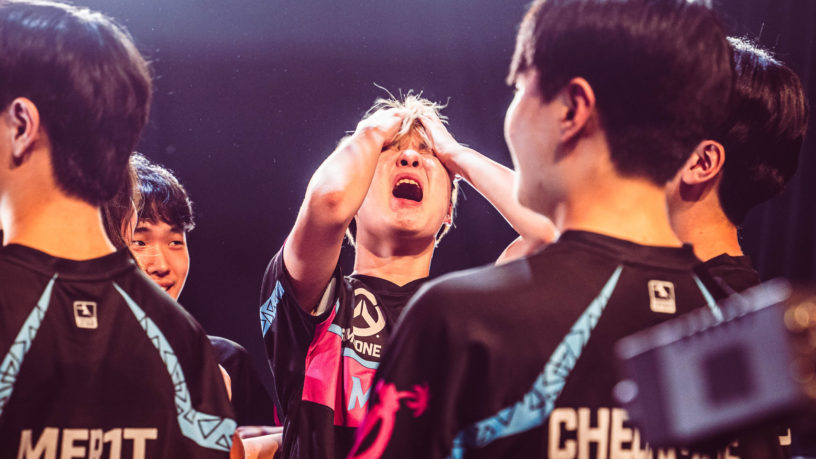
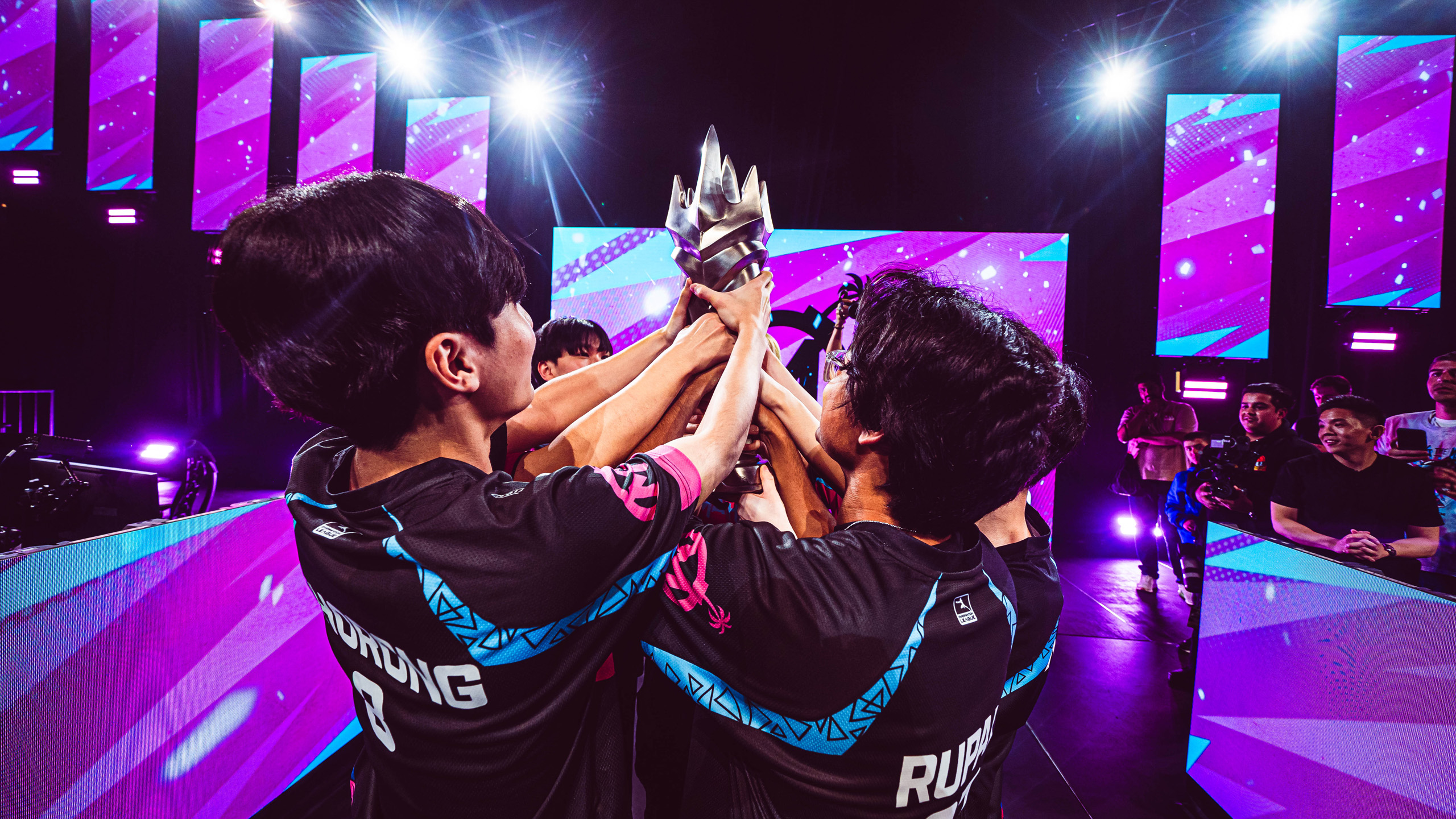
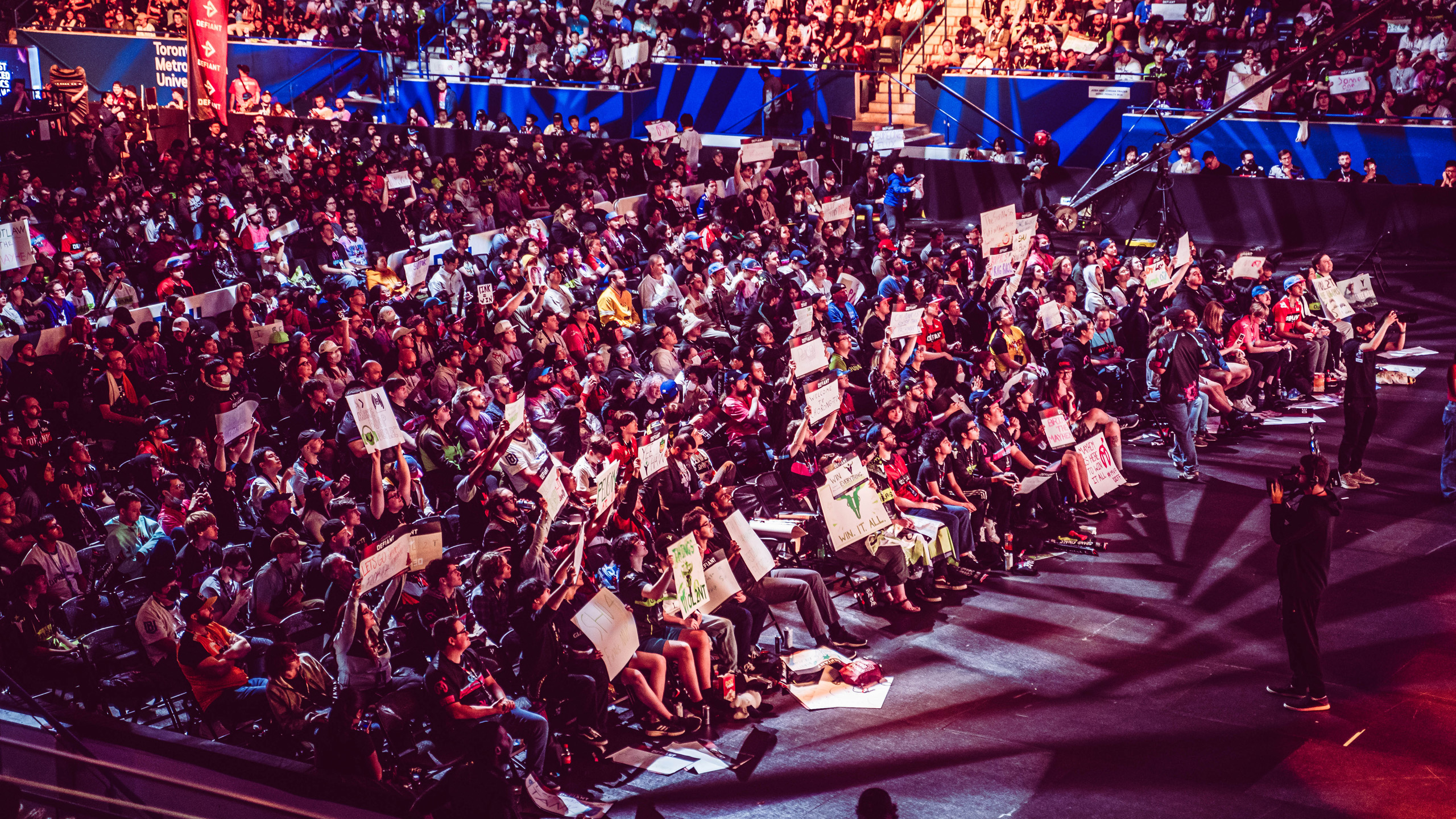
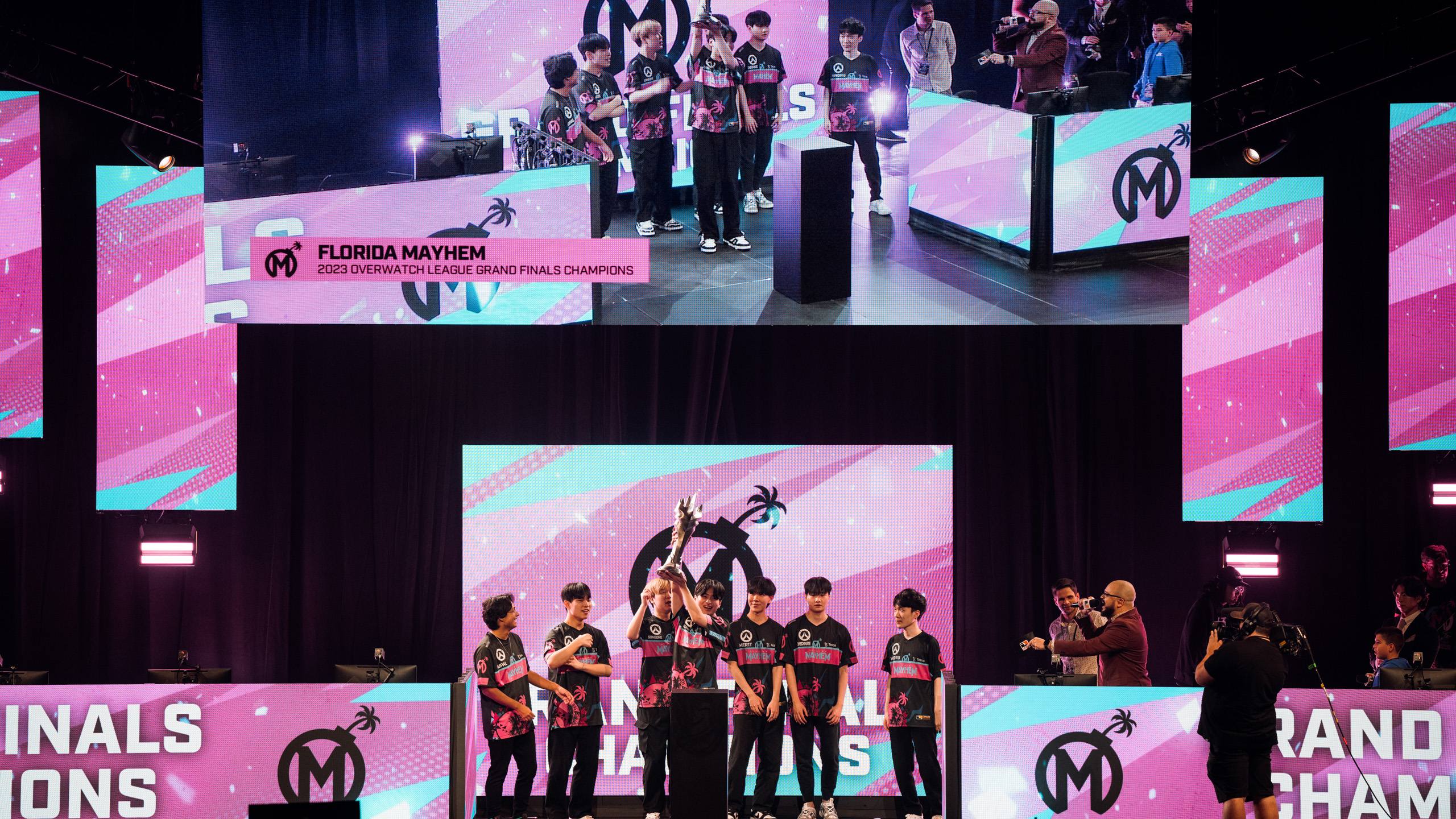
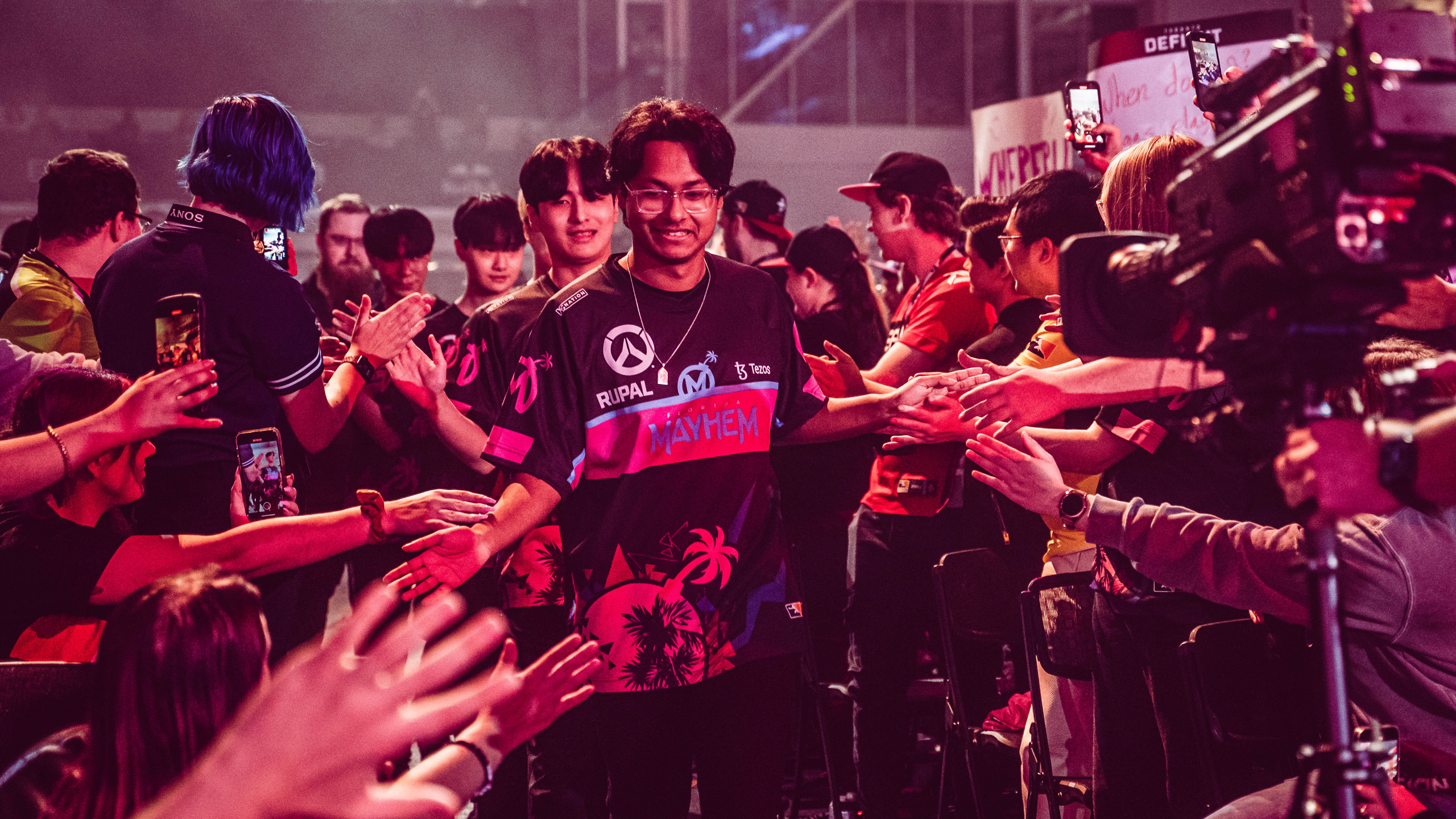
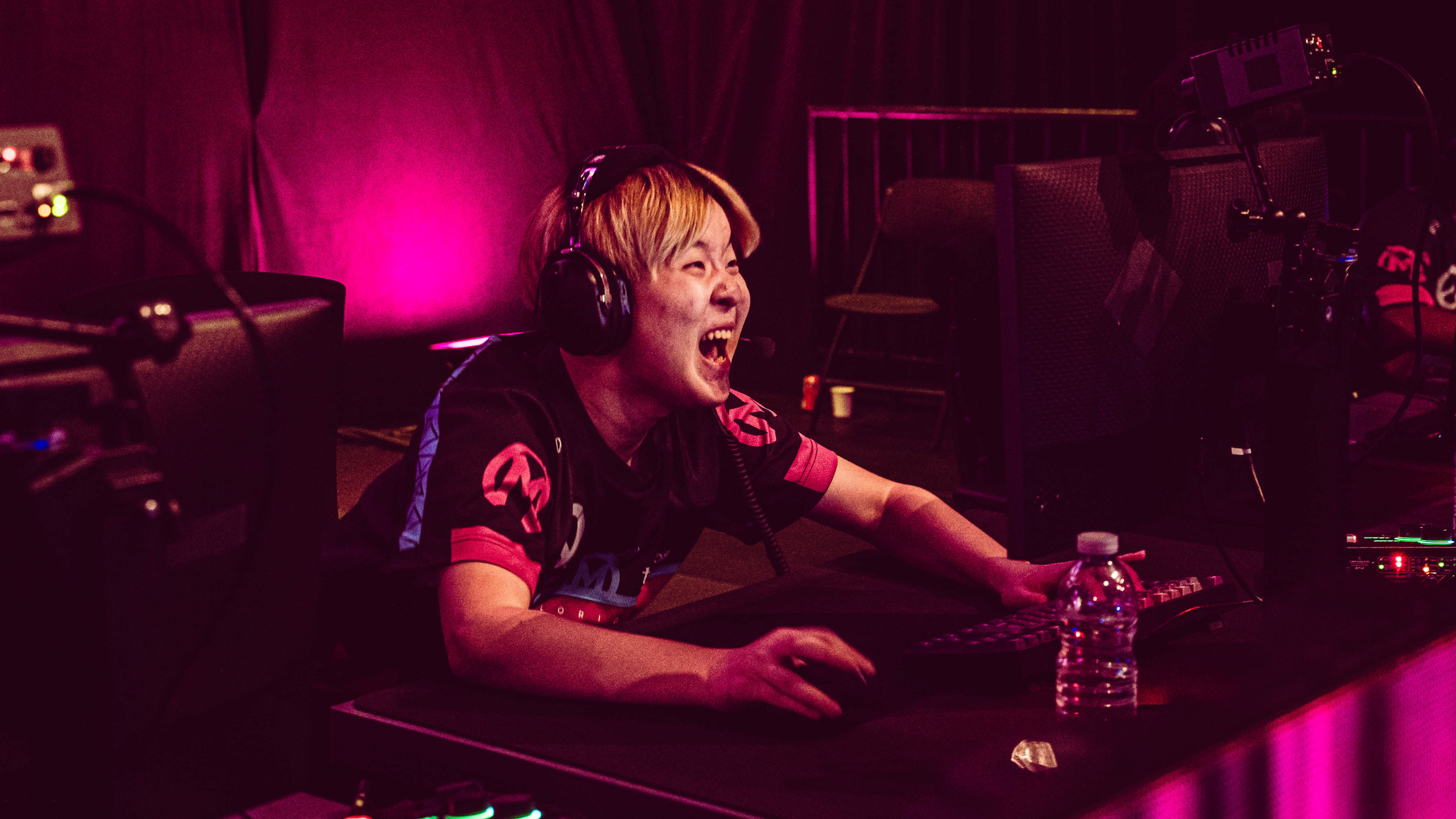
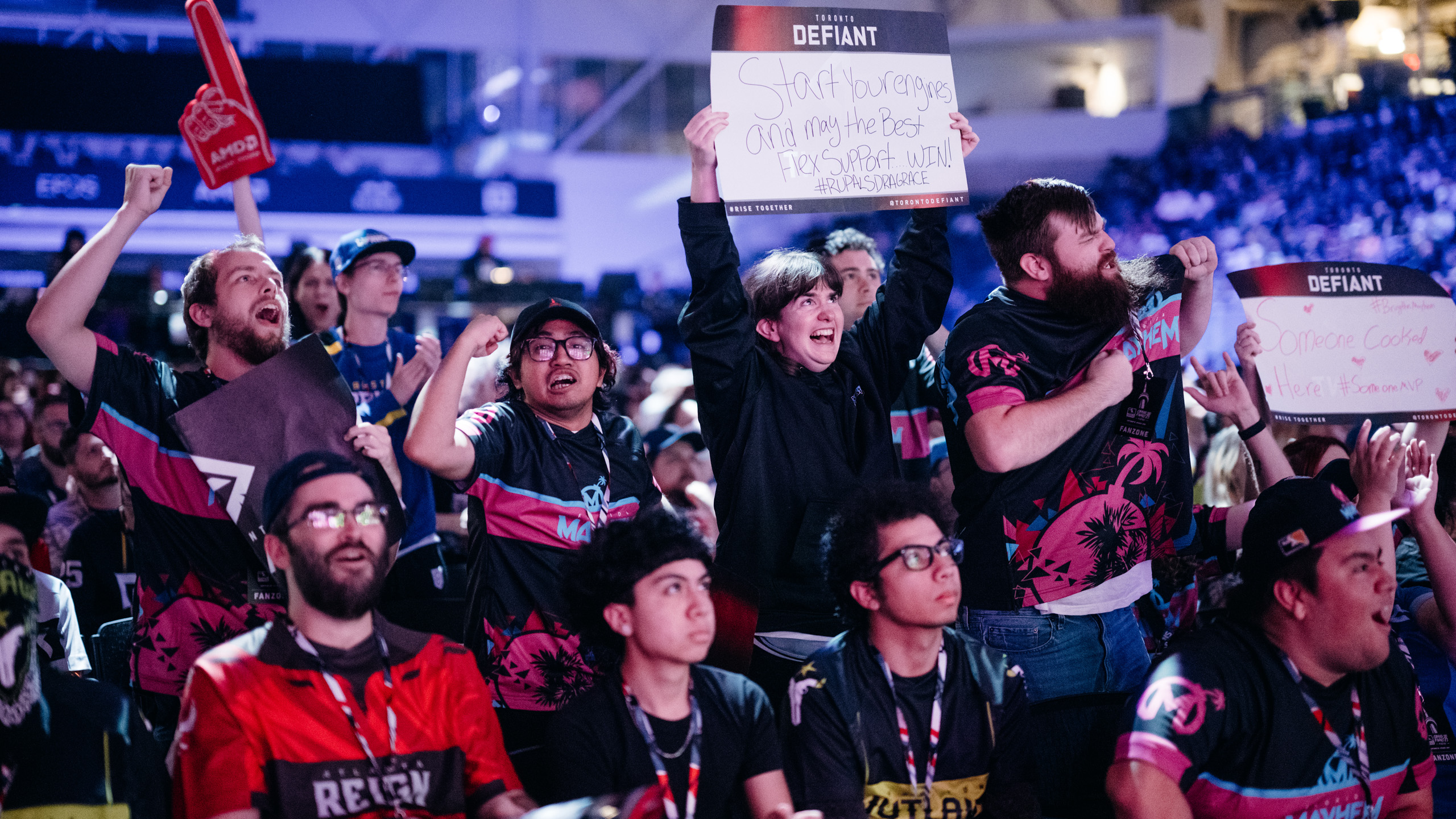
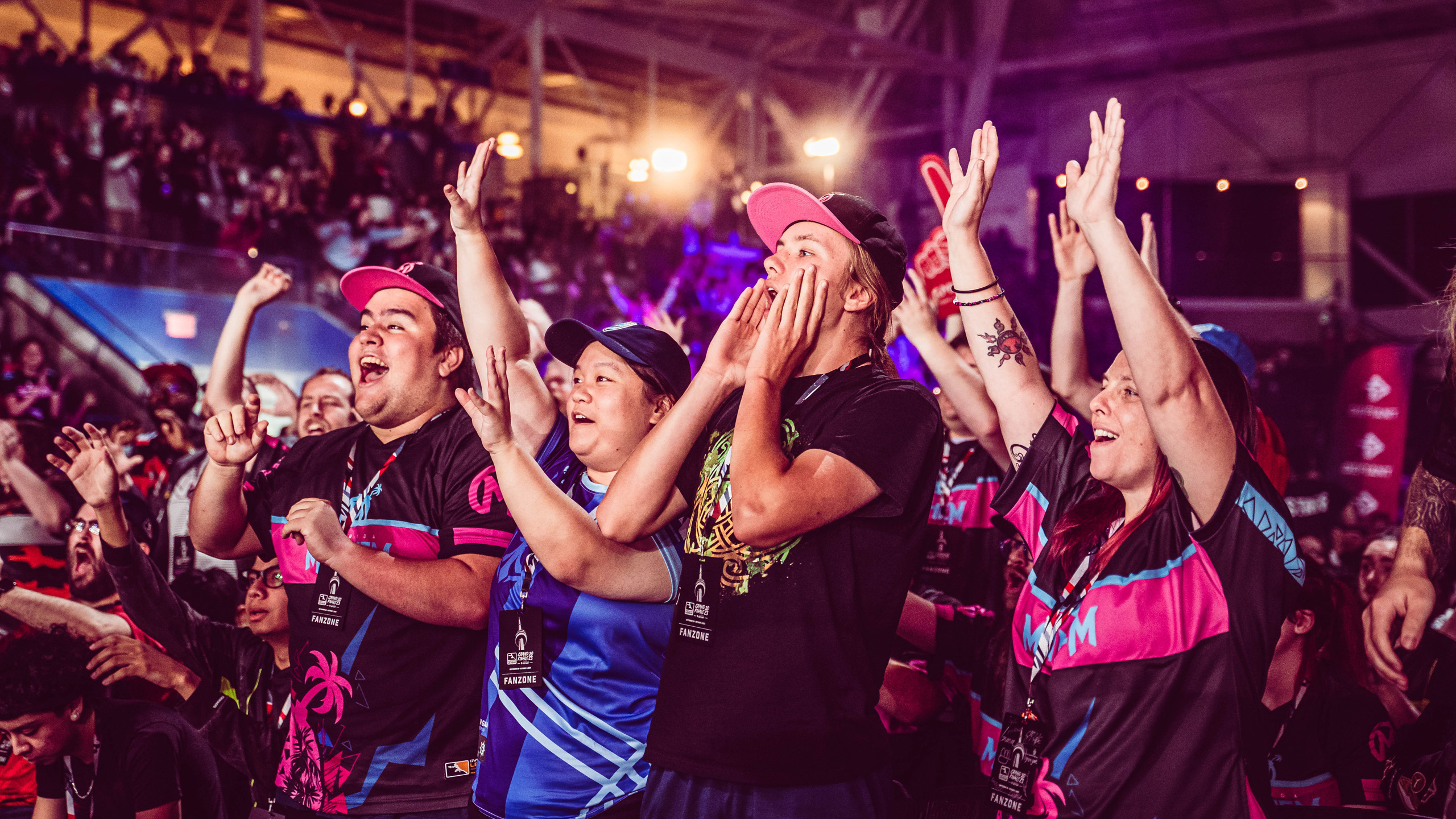
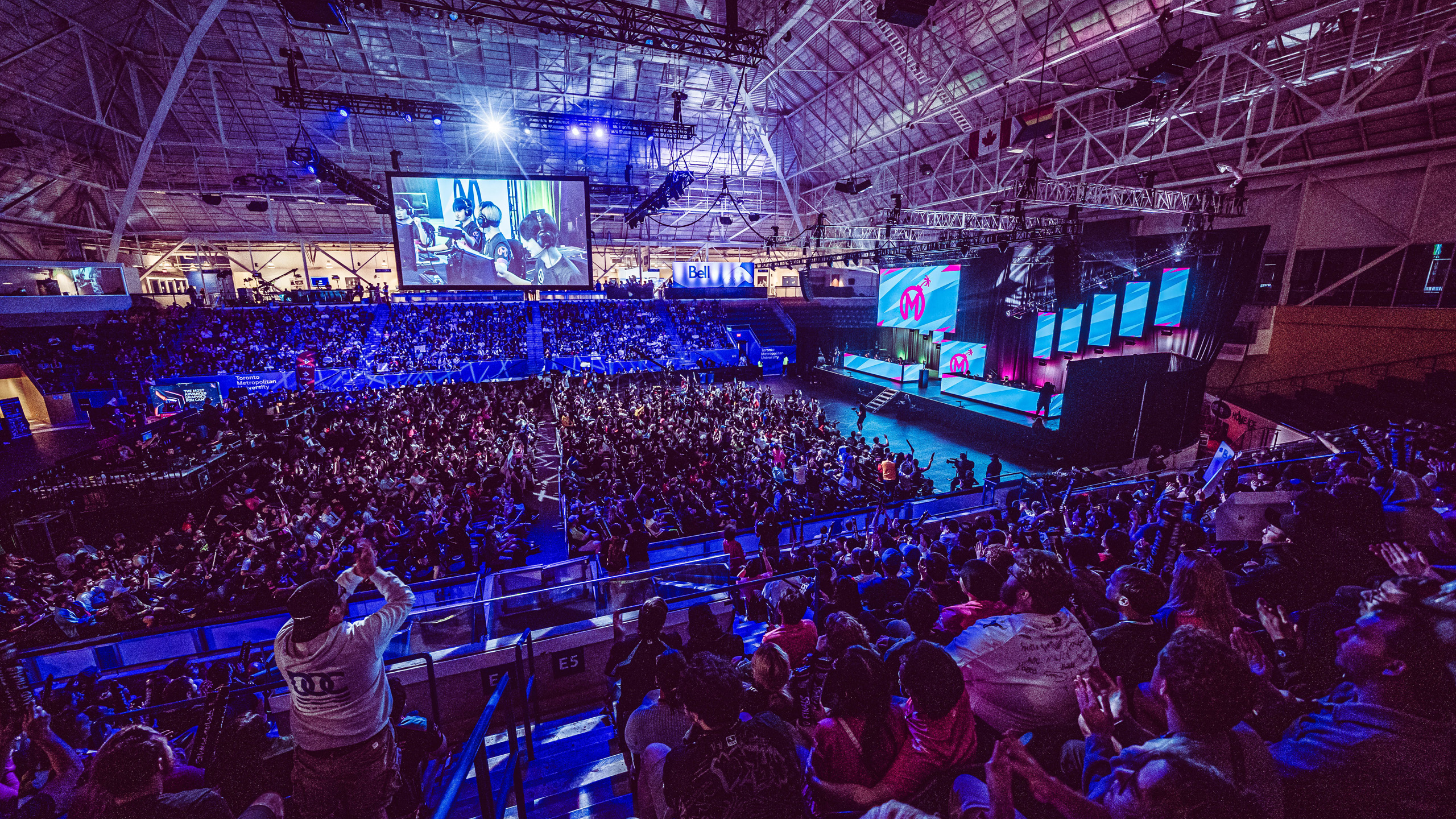



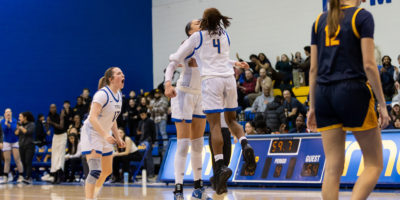
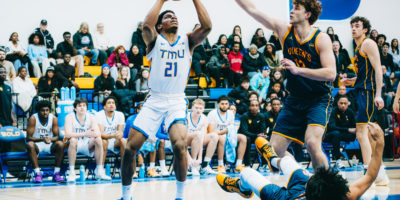
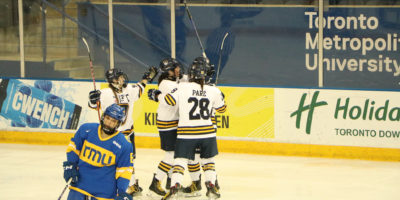



Leave a Reply